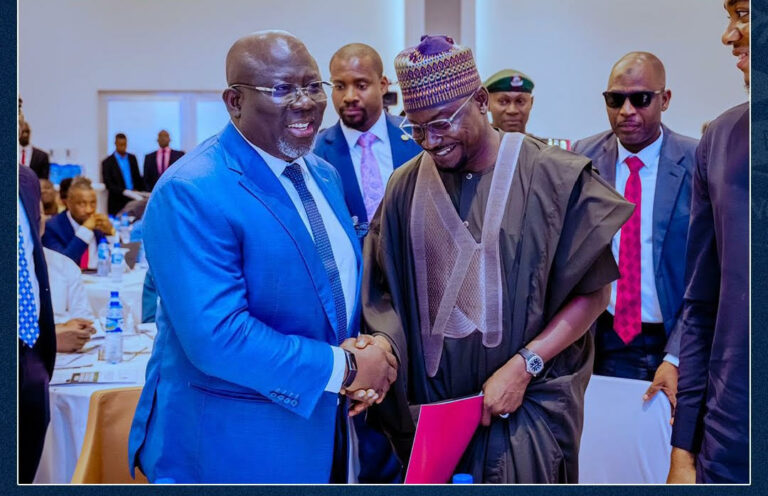Delta State has taken a major step to address its chronic power deficit, where more than 60 per cent of communities remain off-grid, by signing a Memorandum of Understanding (MoU) with the Rural Electrification Agency (REA) to deploy renewable and off-grid energy solutions.
The agreement, signed at a roundtable in Abuja on Wednesday, is expected to deliver electricity to over 386,000 residents through 120,217 new connections, unlock $158 million in private sector investments, and contribute to the state’s GDP of $2.9 billion.
Speaking at the event themed “Unlocking Distributed Energy Investments for Industrial Growth and Inclusive Access in Delta State”, Governor Sheriff Oborevwori described the partnership as central to his administration’s MORE Agenda and medium-term development plan (2024–2027).
“Electricity access is a cornerstone for productivity, investment, and improved livelihoods,” Oborevwori said. “For communities long left behind by the national grid, off-grid renewable solutions such as solar and wind power present huge opportunities for sustainable development.”
READ ALSO:Delta Gov’s Aide Offers Freed Ibom Air Passenger N500,000 Job, Luxury Trip
He added, “We view these programmes not just as energy initiatives, but as powerful tools for inclusive economic growth, enterprise development, and rural transformation. Reliable electricity enhances healthcare, education, local industries, and job creation.”
The governor assured investors of a friendly business climate, pledging to remove “unnecessary bureaucratic obstacles” to accelerate project delivery. He also revealed ongoing work on an 8.5MW independent power plant in Asaba to supply key government institutions.
Delta’s energy strategy includes solar-powered mini-grids, solar farms, hybrid solar-wind systems, and energy-as-a-service models for businesses seeking reliable power without bureaucracy.
“Delta offers technically sound, revenue-generating opportunities where investors profit while rural communities gain access to electricity,” Oborevwori said.
“With incentives, duty waivers, grants, and concessional financing increasingly available, now is the time to invest in renewable energy.”
READ ALSO:Delta Gov’s Aide Offers Freed Ibom Air Passenger N500,000 Job, Luxury Trip
REA Managing Director Abba Aliyu noted that the agency had identified 471 potential mini-grid sites across the state, with Ndokwa East LGA alone hosting over 83 locations.
“On average, a village in Delta can have 255 connections, making it highly attractive for mini-grid investments,” Aliyu said. “These projects could create over 31,000 jobs and electrify more than 120,000 buildings. Delta is one of Nigeria’s most promising hubs for distributed renewable energy.”
Aliyu further commended Delta’s electrification strategy and emphasised REA’s readiness to support with $1.16 billion in nationwide funds. He highlighted the potential for a $53 billion, 600MW solar panel assembly plant, urging the state to attract the investment.
The MoU signing ceremony marked a major milestone in the state’s renewable energy push, with both parties expressing confidence that the collaboration would boost rural economic growth, enhance social services, and significantly narrow Delta’s energy access gap.
